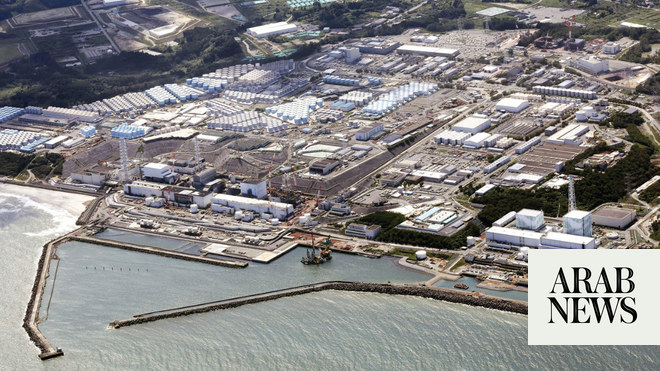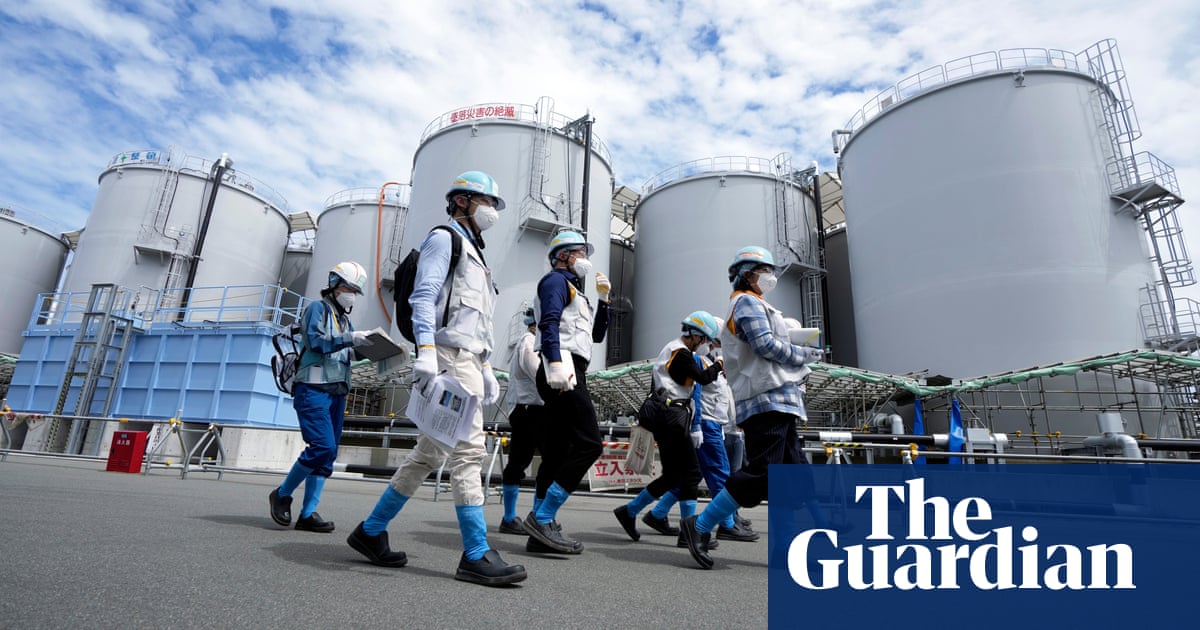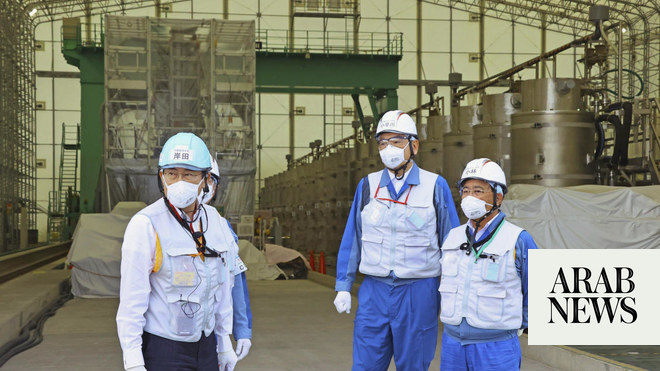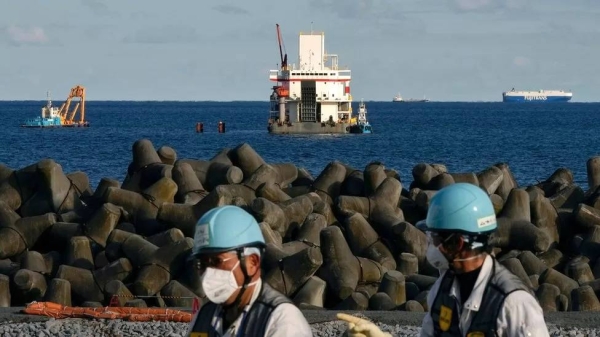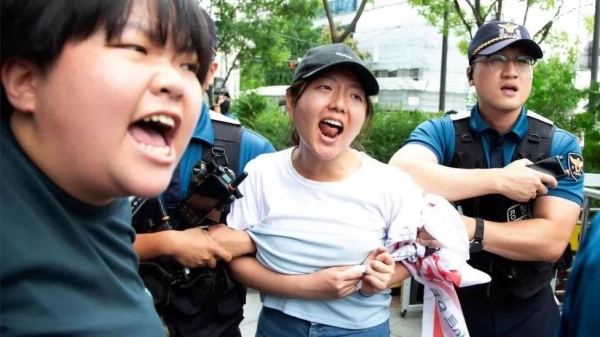
Japan has begun its controversial discharge of treated wastewater from the Fukushima nuclear plant into the Pacific Ocean, sparking protests in the region and retaliation from Beijing.
China is the biggest buyer of seafood from Japan, and on Thursday it said it would block all such imports.
Japan say the water is safe, and many scientists agree. The UN"s nuclear watchdog has also approved the plan.
But critics say more studies need to be done and the release should be halted.
More than a million tonnes of water stored at the nuclear plant will be discharged over the next 30 years.
China, which has been the most vocal of opponents since the plan was announced two years ago, called the water discharge an "extremely selfish and irresponsible act" and said Japan was "passing an open wound onto the future generations of humanity".
Shortly afterwards, China"s customs office announced that an existing ban on seafood imports from Fukushima and some prefectures would be immediately extended to cover the whole of Japan to "protect the health of Chinese consumers".
The move is calculated to inflict economic damage, and Japan has admitted that businesses will take a "significant" hit. Mainland China and Hong Kong together import more than $1.1bn (£866m) of seafood from Japan every year — making up nearly half of Japan"s seafood exports.
Burt analysts say that the reactions from China in particular, are as much motivated by politics as they are by genuine concerns.
Tokyo"s relationship to Beijing has deteriorated in recent years as it draws closer to the US and also shows support to Taiwan, an island which sees itself as independent but which China claims as its own.
In the case of China, "this incident is more of a symptom than a cause of worsening Sino-Japanese relations," said Chinese foreign policy expert Neil Thomas with the Asia Society Policy Institute.
"Beijing may have made less of a fuss about the water release if its relationship with Tokyo was in a better place."
In return, Japan is likely to "reject this criticism, but they are unlikely to do anything provocative," said James DJ Brown, a professor specialising in Japanese foreign policy expert at Temple University"s Japan campus.
"While Japan"s government is deeply concerned by what it sees as the aggressive actions of the Chinese Communist Party, they understand that it is in their interests to maintain stable relations with their larger neighbour."
But it may not need to wait for long. Some observers believe that China may not stick with the ban.
"China"s growing economic difficulties could mean that any ban is relatively brief and narrow, so as to limit the negative impact on Chinese importers and business sentiment," said Thomas.
South Korea also has a longstanding ban on some Japanese seafood. But on Thursday its government had a more muted reaction.
Prime Minister Han Duck-soo said "what is important now is whether Japan, as it promised to the international community, strictly follows the scientific standards and transparently provides information".
Seoul and Tokyo have drawn closer despite deep historical grievances, united in their allyship to the US while facing down threats from North Korea and China.
However, most South Koreans are opposed to the water"s release, and on Thursday protesters in Seoul attempted to storm the Japanese embassy.
Angry demonstrations were also held in Hong Kong, as well as Tokyo. The Japanese public remains deeply divided on the issue with only half supporting the water"s discharge according to the latest polls.
Meanwhile Mark Brown, chair of the Pacific Islands Forum which had previously castigated the plan, said they now believe the plan "meets international safety standards". — BBC





